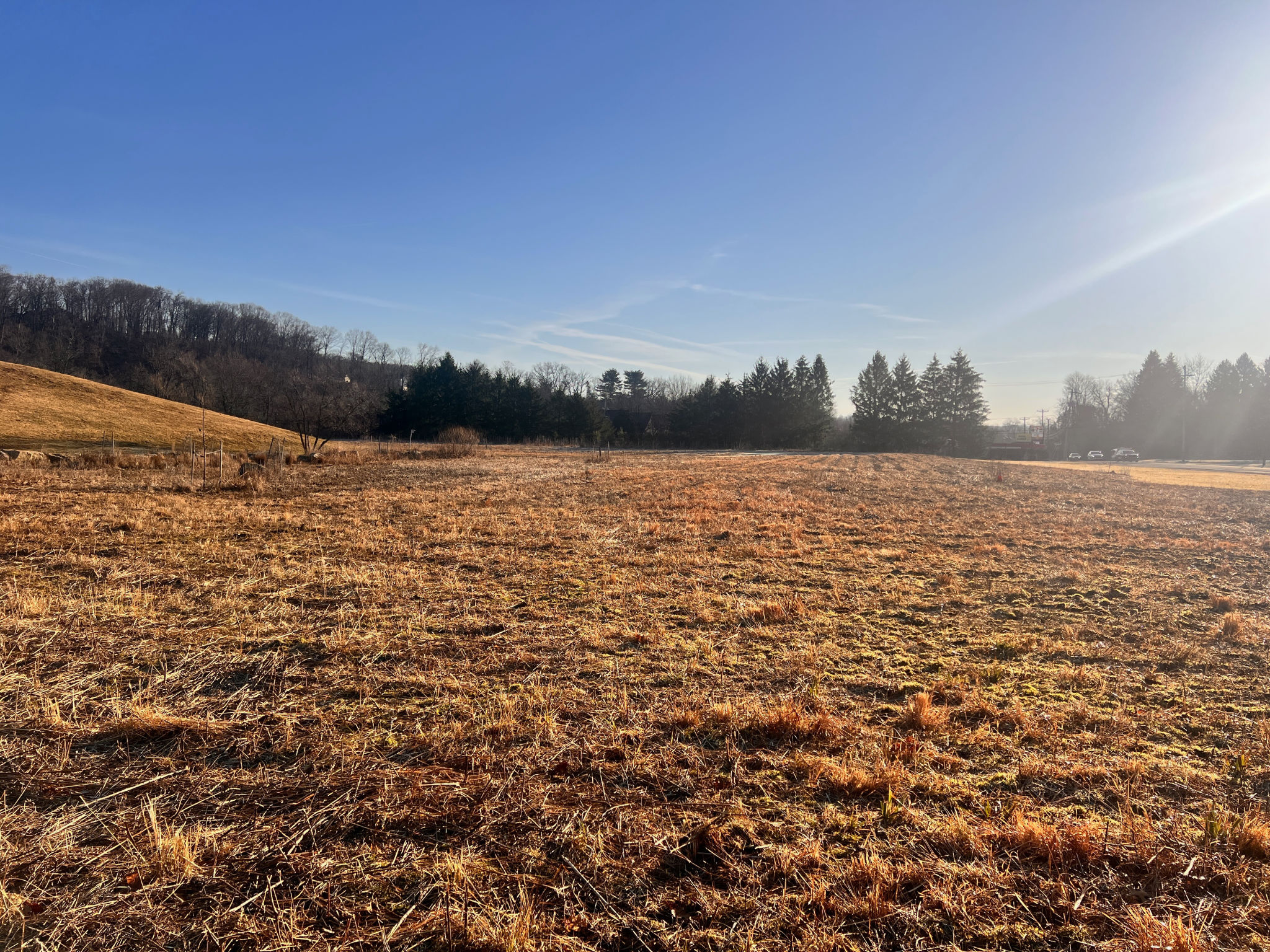How to Maintain a Weed-Free Lawn: Essential Strategies for Pennsylvania Homeowners
Understanding Pennsylvania's Weed Challenges
Maintaining a weed-free lawn in Pennsylvania can be a daunting task due to the region's diverse climate conditions. With its mix of warm, humid summers and cold winters, various types of weeds thrive, making their management crucial for homeowners. Common culprits include dandelions, crabgrass, and clover, each requiring specific strategies for control.

Start with Healthy Lawn Practices
The foundation of a weed-free lawn begins with healthy lawn practices. Ensuring your grass is well-nourished and dense can naturally crowd out weeds. Begin with regular mowing, keeping the grass at an optimal height to prevent weed seeds from receiving sunlight. Additionally, aerate your lawn annually to improve soil health and facilitate nutrient absorption.
Watering your lawn deeply but infrequently encourages deep root growth, making your lawn more resilient against weeds. It’s essential to water early in the morning to minimize evaporation and disease risks.
Utilize Pre-Emergent Herbicides
Pre-emergent herbicides are a proactive approach to controlling weeds before they even appear. These products create a chemical barrier in the soil, preventing weed seeds from germinating. Timing is critical; apply pre-emergent herbicides in early spring before the soil temperature reaches 55 degrees Fahrenheit consistently.

Post-Emergent Strategies
If weeds have already emerged, post-emergent herbicides can be effective. Selective herbicides target specific weed types without harming your grass, while non-selective options will eliminate any plant they contact. Always follow the manufacturer's instructions carefully to ensure safety and effectiveness.
For those who prefer organic solutions, options like vinegar or boiling water can be used on small patches, though they may require repeated applications.
Embrace Natural Weed Control
Beyond chemicals, there are natural methods to manage weeds. Manual removal, though labor-intensive, is highly effective for small infestations. Use a hoe or hand tools to extract weeds by their roots, ensuring they do not regrow.

Mulching around trees and garden beds can also suppress weeds by blocking sunlight and retaining soil moisture. Organic mulches such as wood chips or straw add nutrients back to the soil as they break down.
Regular Lawn Maintenance
Consistent maintenance is key to preventing weeds from taking over. Regularly inspect your lawn for signs of weed growth and address any issues promptly. Fertilizing your lawn at least twice a year will provide essential nutrients that promote healthy grass growth and further deter weeds.
Remember that maintaining a weed-free lawn is an ongoing process and requires patience and persistence. By following these strategies, Pennsylvania homeowners can enjoy a lush, green lawn throughout the year.
